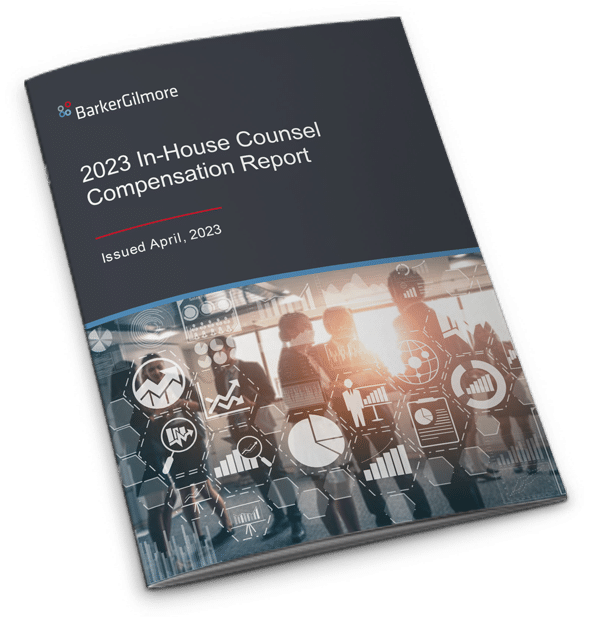The importance of risk management has elevated the Chief Compliance Officer position to a new level. Compliance is now an expectation in every realm of business, and it requires a much higher level of specific expertise than it did even a decade ago.
The General Counsel also plays a significant role in managing risk, but his or her responsibilities extend to so many other areas that the GC cannot simply absorb all compliance duties in the absence of a CCO. Your company needs to be prepared for the CCO’s departure at all times, whether it is planned or unexpected.
Here are four proactive ways to start identifying a successor.
Continually develop leaders.
The companies that have the most success are those that view succession planning in terms of a broader, ongoing management development process. Your company should be taking into account the skills and competencies of its senior leadership team and working to address any gaps now, not when a manager turns in a resignation letter. It should also have programs in place to develop junior staff members through mentoring and continuing education. You should aim to build a culture of compliance that is demonstrated by all company leaders, not just the CCO.
Call in key stakeholders.
Succession planning is a team effort. Bring senior managers into the process from the beginning. C-suite executives can provide valuable insight on the direction of the company, and this should guide your efforts. If the current CCO is still part of the team, he or she can offer input about the responsibilities, competencies and characteristics to look for in a successor.
Determine the process.
It’s important to clearly identify the roles of those on the succession planning committee so each member knows where he or she fits into the process. The committee will likely include the CEO, General Counsel, Senior Vice President of Human Resources, as well as other key executives and possibly one board member. Determine how interviews will be structured and who will be responsible for each, from initial phone screening to formal interviews and panel reviews. Set a timeline to keep the search on schedule.
Write a detailed job description.
Your key stakeholders can help you determine what competencies and characteristics are most important so you can tailor the job description and interview questions accordingly. The search process is also a good opportunity to identify other attributes your company wants in its next leader. If your company lacks diversity, make it a goal to include diverse candidates in the final slate. If the strategy is shifting, consider what skills the CCO will need five years from now. You may want someone with more international experience or someone with expertise in employment regulations, for instance. These may not necessarily be all the same skills your current CCO has. Don’t rule out candidates who have more of a business background than a legal one. Today’s most successful CCOs are perceived as leaders and peers by others in the C-suite.
Ongoing preparation and planning will lead to fewer disruptions in the event of a departure. Your company’s leadership should be identifying strong internal candidates, but it will also want to cast a wider net to benchmark those candidates against others.
Connect with a legal recruiting advisor
* indicates required fields




